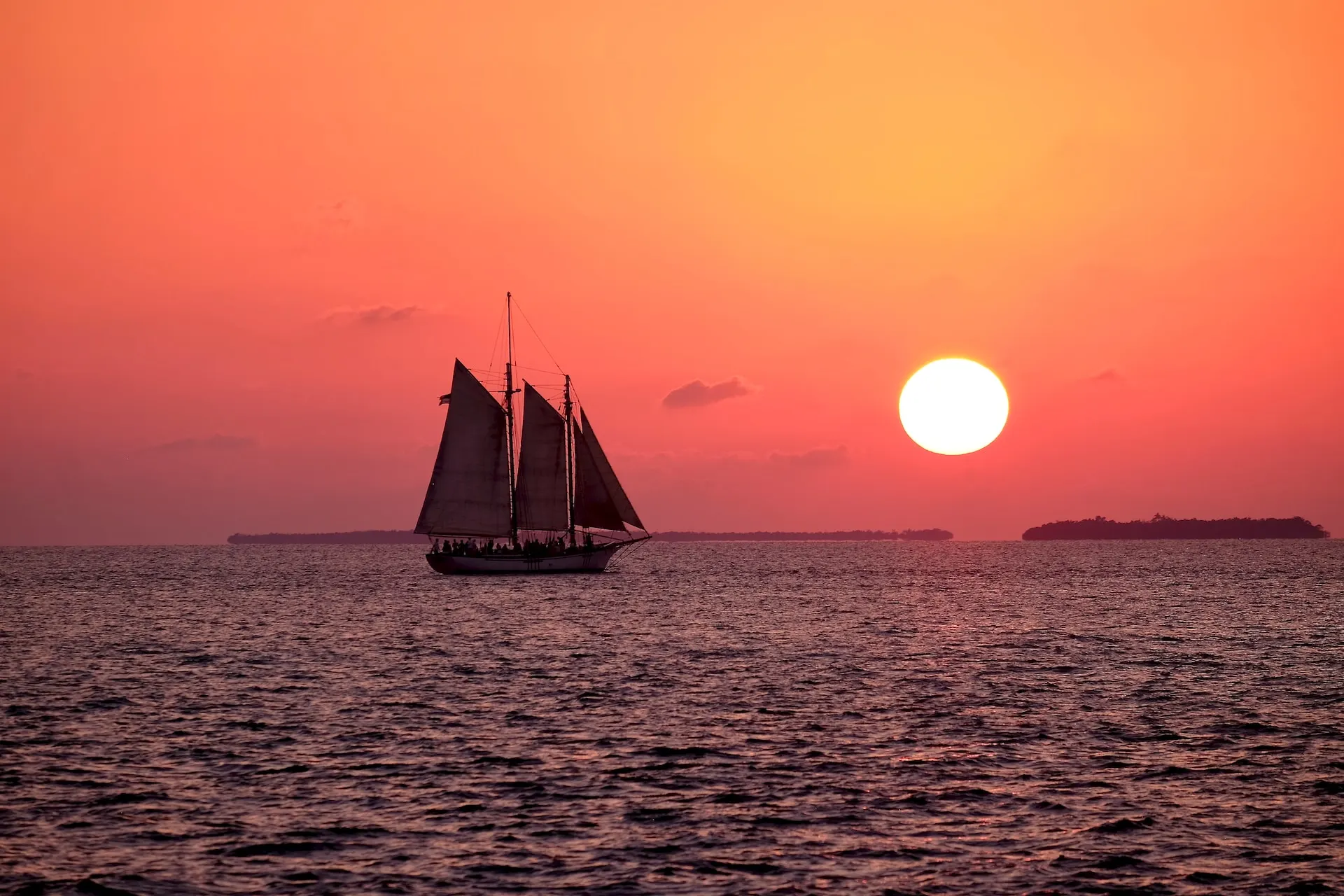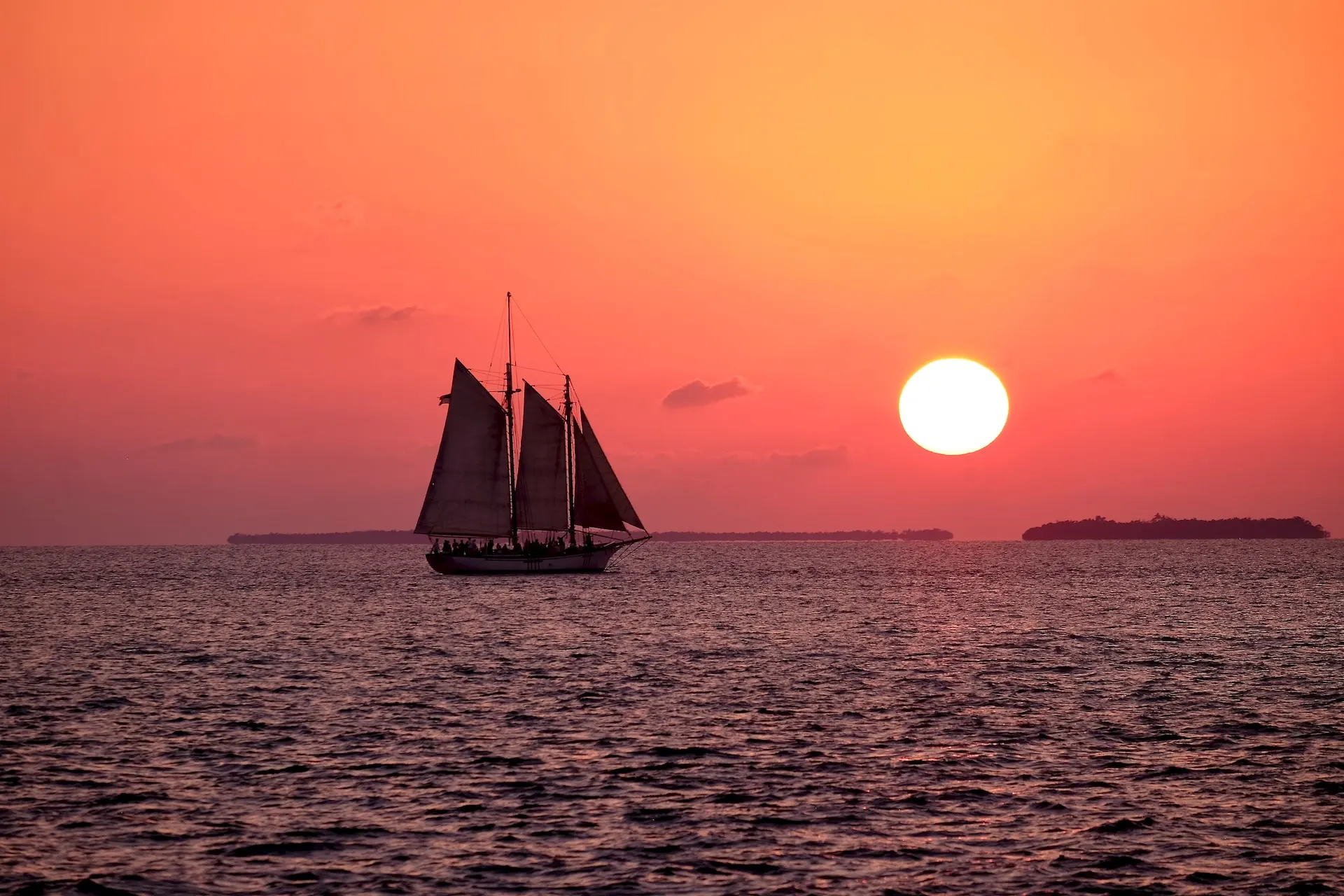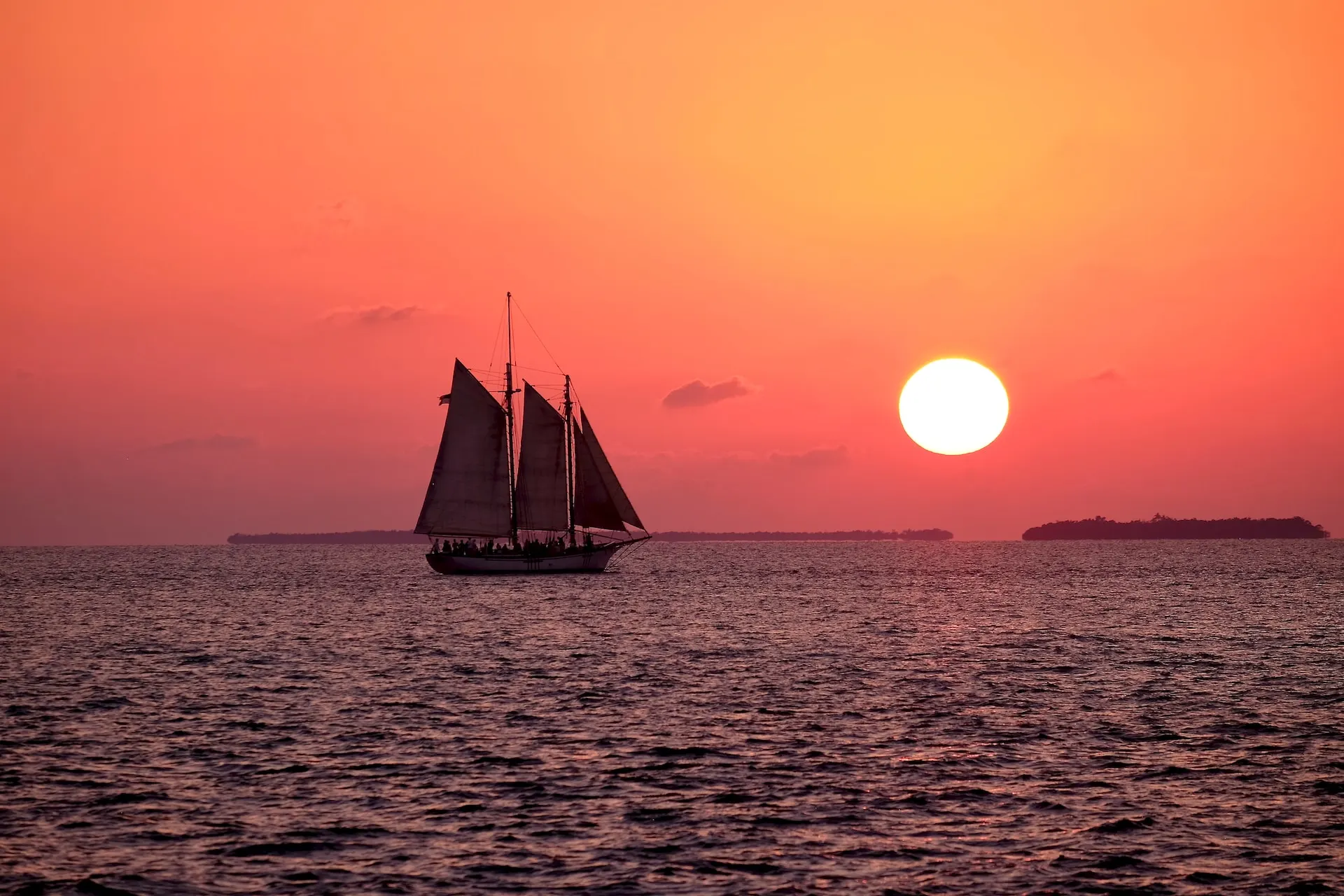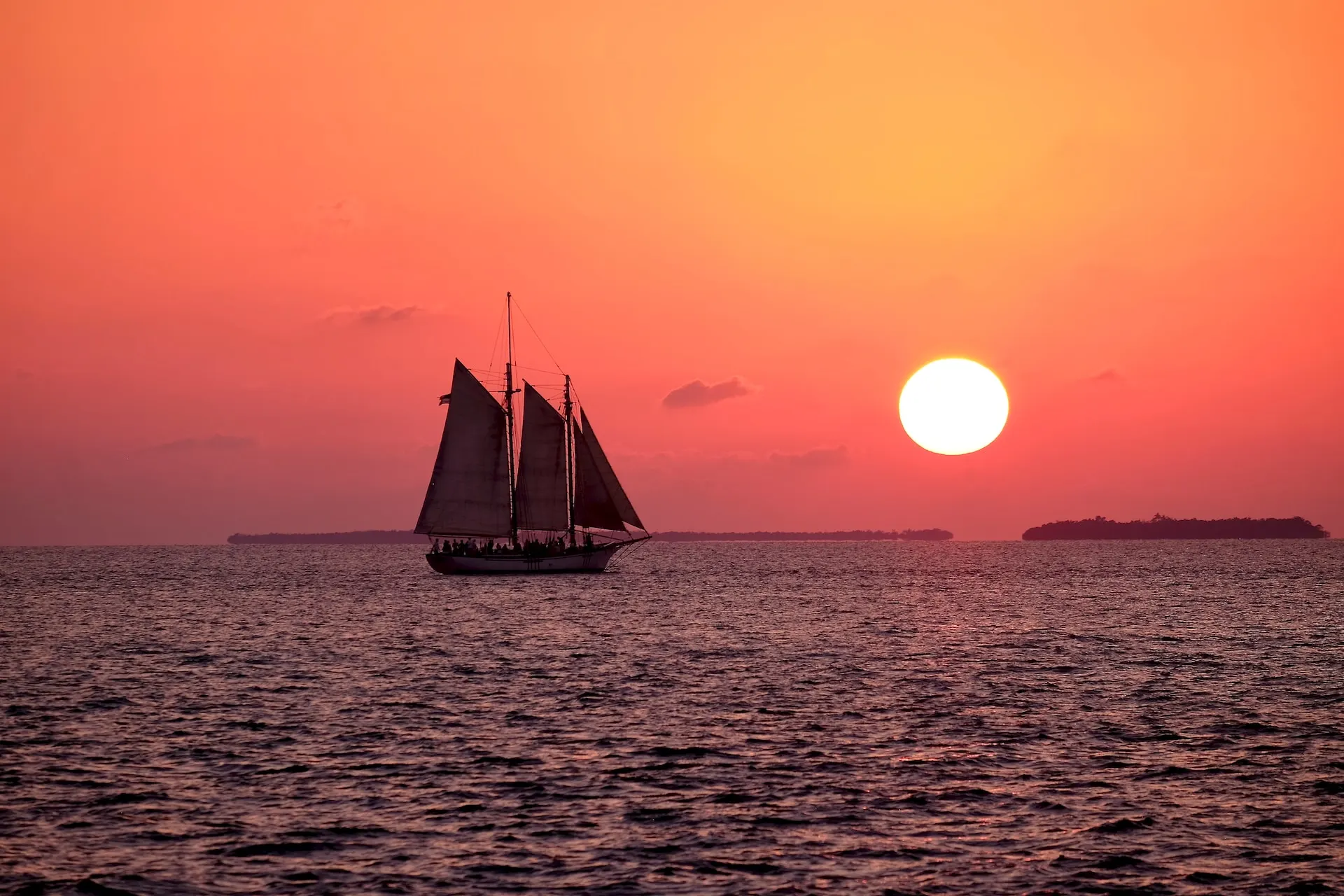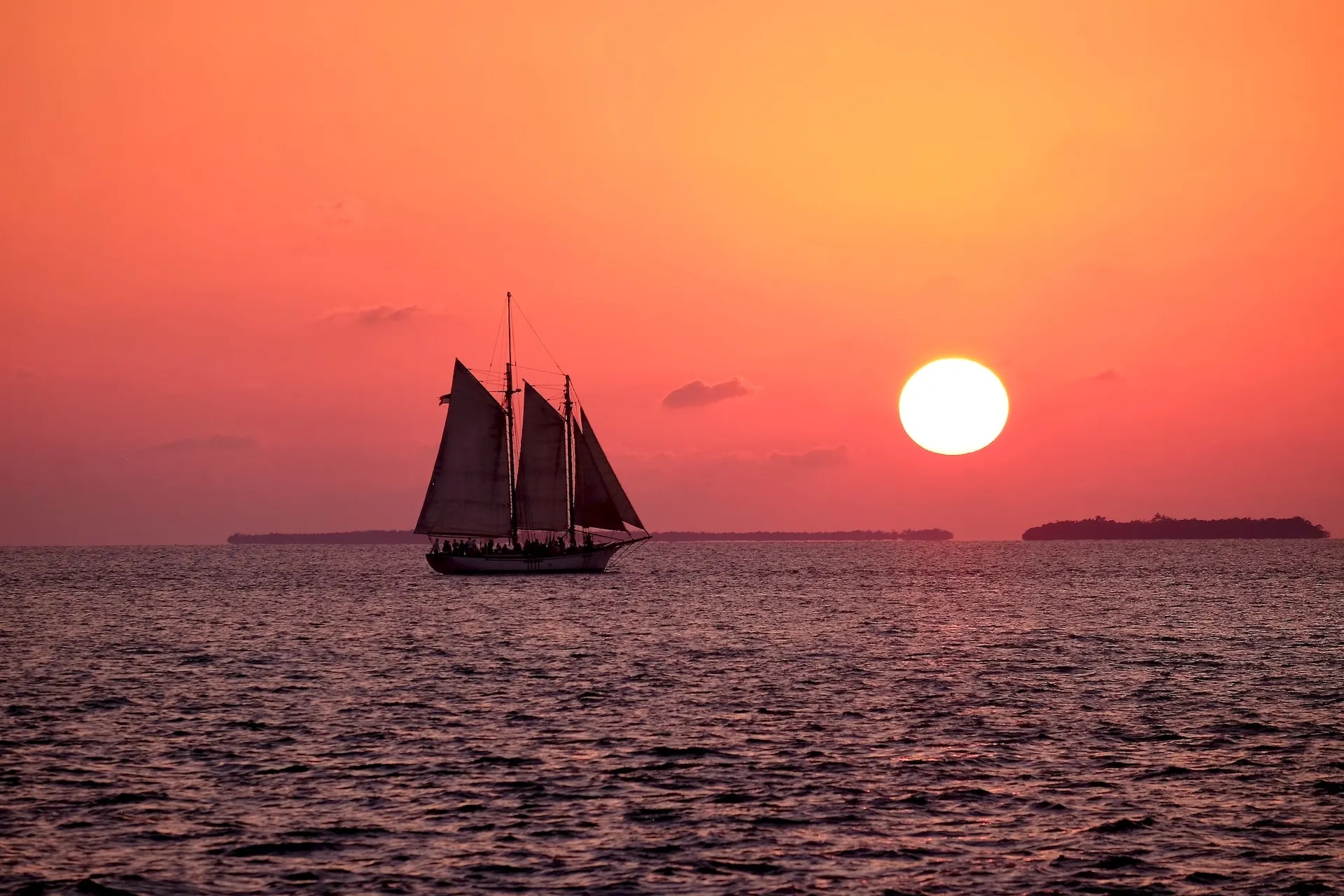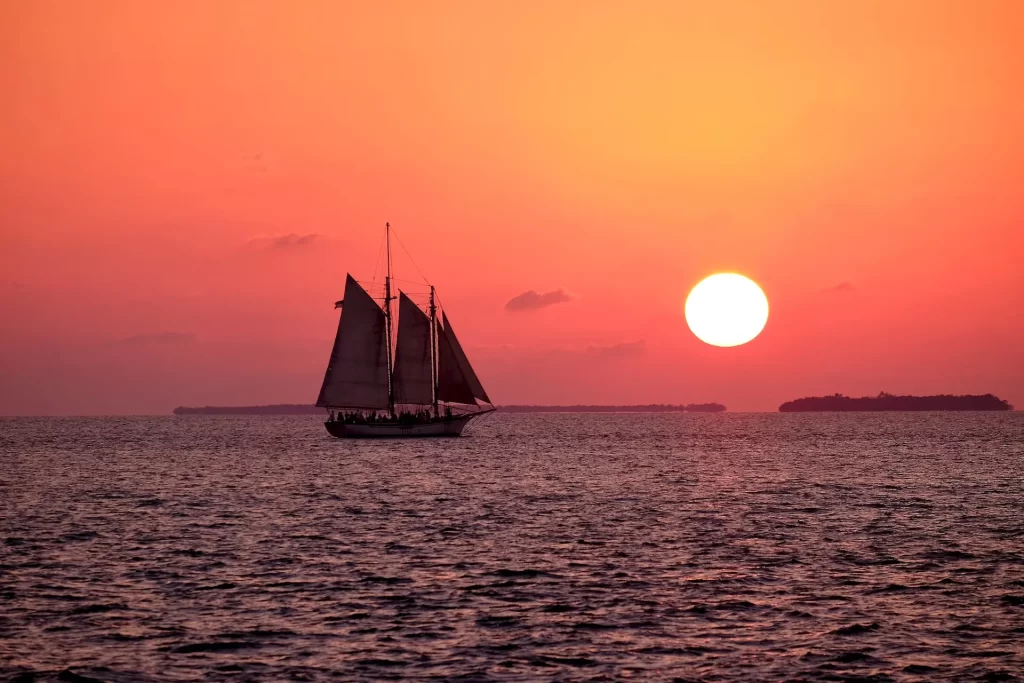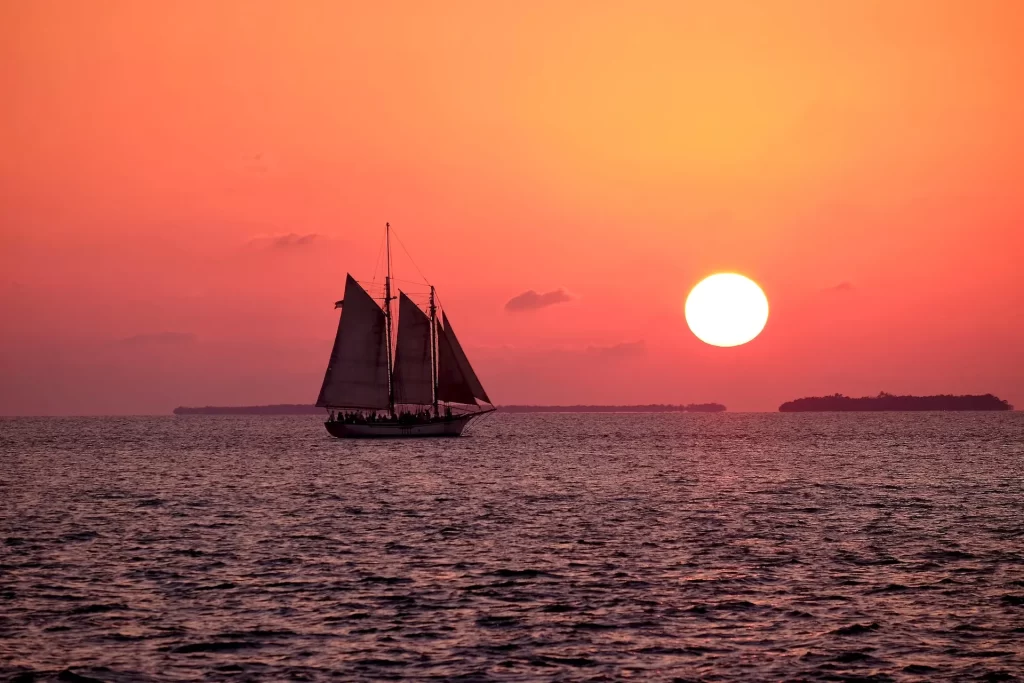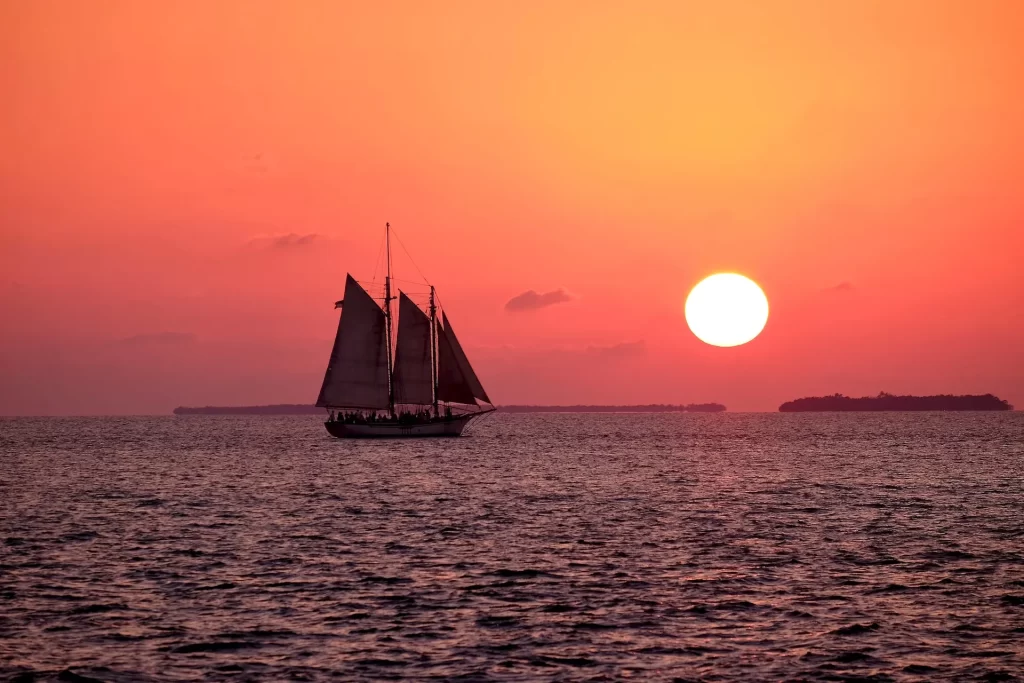Owning a boat can be a dream come true for many, offering the opportunity to explore the open seas, enjoy water sports, or simply escape the hustle and bustle of everyday life. One essential detail when operating a boat, however, is knowing how much fuel it consumes. For those considering a 50-foot boat, understanding its fuel usage is crucial for proper planning and cost management. This comprehensive blog post will delve deep into the topic, discussing a variety of aspects relevant to fuel consumption in 50-foot boats, the factors affecting it, and methods to optimize it. Strap on your life vests, and let’s dive in!
Fuel Consumption Basics
Before we dive into the details of a 50-foot boat’s fuel consumption, it’s essential to understand some basics about boat fuel consumption in general. Fuel consumption is typically measured in gallons per hour (GPH) or liters per hour (LPH), depending on the region.
Types of Boat Engines
Choice of boat engine is an important factor when considering fuel consumption. There are two main types of boat engines – inboard and outboard. Inboard engines are situated within the hull, while outboard engines are mounted outside the hull at the stern of the boat. Commonly, large boats, like a 50-foot boat, utilize inboard engines. It’s also worth noting that engines can either run on diesel or gasoline, with each having its own fuel consumption characteristics.
Average Fuel Consumption for a 50-Foot Boat
A boat’s fuel consumption depends on various factors, including engine type, speed, vessel size, and design. As a result, it’s difficult to generalize fuel consumption for all 50-foot boats. However, to provide an estimated range, we can assume the following average fuel consumption rates for 50-foot boats under varying conditions:
- 3-5 GPH at idle speed
- 10-25 GPH at cruising speed (typically around 20-30 knots)
- 20-60 GPH at high speeds (over 30 knots)
These are general estimates, and it’s crucial to consult your boat’s engine specifications and manuals for accurate information on your specific model.
Factors Affecting Fuel Consumption
Understanding the factors that affect a 50-foot boat’s fuel consumption can help boat owners manage their costs and make informed decisions on optimizing fuel usage.
1. Speed
One of the most significant factors in fuel consumption is the speed at which a boat is operating. As the boat’s speed increases, so does its fuel consumption. This is because as a boat accelerates, it creates larger waves, which leads to increased water resistance and requires more engine power to overcome.
2. Weight and Load
The boat’s weight and load also have a significant impact on fuel consumption. A heavily loaded boat requires more energy to push through the water, which means the engine has to work harder and consume more fuel. Always ensure that your vessel is loaded according to the manufacturer’s recommendations, and regularly check for water in the bilges or other unnecessary weight.
3. Engine Efficiency
The overall efficiency of the boat’s engine plays a crucial role in determining fuel consumption. Diesel engines usually provide better fuel efficiency than gasoline engines, and modern, advanced engines use fuel more efficiently than older models. Proper maintenance is vital to ensure optimal engine efficiency.
4. Hull Design and Condition
A boat’s hull design and condition can also influence fuel consumption rates. A clean, well-designed hull reduces water resistance and allows the boat to cut through the water more efficiently. Ensure that your boat’s hull is in good condition and free from fouling to improve its fuel efficiency.
Fuel Consumption Optimization Tips
Given the high costs associated with fuel, optimizing your 50-foot boat’s fuel consumption is essential. Here are some practical tips to help you conserve fuel and reduce your boating expenses:
1. Maintain Optimal Speed
Find the “sweet spot” between speed and fuel consumption by experimenting with different speeds to identify the optimal cruising speed in terms of fuel efficiency. Generally, non-planing hulls are most fuel-efficient at displacement speed, while planing hulls have a sweet spot between 25-35% below their maximum speed.
2. Regular Engine Maintenance
Ensure that your boat’s engine is regularly serviced and maintained in accordance with the manufacturer’s specifications. Changing oil and filters, inspecting spark plugs, and checking fuel lines can improve engine efficiency and decrease fuel consumption.
3. Keep the Hull Clean
A clean hull enhances the boat’s hydrodynamics and minimizes resistance, leading to better fuel efficiency. Regularly scrub the hull to remove algae or other growth to maintain your boat’s performance.
4. Trim the Boat
Proper boat trim balances the weight distribution and the angle of the hull to the water, reducing water resistance and improving fuel efficiency. Adjust your boat’s trim tabs or distribute weight evenly to achieve the optimal trim for your specific boat.
5. Use a GPS or Chartplotter
Using a GPS or chartplotter can help you plan your route, taking into account variables such as tides, currents, and predicted weather conditions. By optimizing your route, you can conserve fuel by avoiding areas with strong currents or adverse conditions.
In conclusion, fuel consumption for a 50-foot boat varies depending on numerous factors, such as engine type, speed, weight, and hull condition. By understanding these factors and implementing fuel optimization strategies, boat owners can effectively manage their fuel costs and enjoy the open waters without worrying about excessive fuel usage.
Frequently Asked Questions
How much gas does a 40-foot boat use?
The amount of gas a 40-foot boat uses depends on various factors like engine size, boat design, and load. On average, a 40-foot boat with a single engine may burn between 20 and 50 gallons per hour at cruising speeds.
How many miles per gallon does a boat use?
The miles per gallon (MPG) of a boat varies depending on its size, engine, and other factors. Small boats may have an MPG of about 3-4, while larger boats can range from 1 to 2 MPG. Factors such as boat weight, engine efficiency, and wind conditions can significantly impact fuel consumption.
How do I calculate how much fuel I need for a boat trip?
To calculate the fuel needed for a boat trip, you’ll need to know your boat’s fuel consumption rate (gallons per hour or miles per gallon) and the total distance of the trip. Divide the total trip distance by your boat’s MPG to get the total fuel needed in gallons. Always carry extra fuel to account for unexpected conditions or delays.
How much fuel does a Marine use per hour?
‘Marine’ could refer to a type of inboard boat engine or a military marine. Assuming you’re asking about a marine engine, fuel consumption depends on factors such as engine size, boat design, and load. A small inboard marine engine can use between 3-6 gallons per hour, while a more powerful engine might use 10-20 gallons per hour at cruising speeds.
How much fuel does a 50 ft boat use on average?
The fuel consumption of a 50-foot boat depends on the engine size, boat design, and load. On average, a 50-foot boat may burn between 30 and 70 gallons per hour while cruising at a moderate speed. Faster speeds will use more fuel.
What is the most fuel-efficient type of boat?
The most fuel-efficient boats are usually lightweight and have a hull design optimized for minimal water resistance. Sailboats, catamarans, solar-powered boats, and smaller motorboats with fuel-efficient outboard engines tend to be more fuel-efficient compared to larger powerboats or yachts.
How can I improve my boat’s fuel efficiency?
To improve your boat’s fuel efficiency, you can:
1. Regularly maintain and service your engine.
2. Keep your boat’s hull clean to reduce drag.
3. Distribute weight evenly in the boat.
4. Use the right propeller for your boat and engine combination.
5. Avoid overloading your boat.
6. Trim your boat properly.
7. Plan your route to avoid unnecessary detours.
How do wind and sea conditions affect fuel consumption?
Wind and sea conditions can significantly impact your boat’s fuel consumption. Strong headwinds and rough sea conditions increase the resistance your boat encounters, causing the engine to work harder and consume more fuel. Conversely, tailwinds or calm waters can reduce fuel consumption by lowering resistance.
Do different types of fuel (diesel or gasoline) affect fuel consumption in boats?
Yes, the type of fuel used can affect fuel consumption in boats. Diesel engines tend to be more fuel-efficient than gasoline engines, especially at lower RPMs, but may have higher initial costs. Diesel also has a higher energy density than gasoline, which contributes to the improved fuel efficiency along with other factors like turbocharging and better engine thermal efficiency.
How do I estimate my boat’s fuel consumption when buying a used boat?
When purchasing a used boat, you can estimate fuel consumption by considering factors such as boat size, engine type and size, and typical cruising speed. To get a more accurate estimate, research similar boats with the same engine and check their fuel consumption ratings. Also, ask the seller about their experience with the boat’s fuel consumption. Keep in mind, however, that actual fuel consumption may vary depending on how well the boat and engine have been maintained.
- Addressing Common Stik Boat Problems: Expert Solutions and Tips - June 15, 2023
- Sea Hunt Boat Problems: Common Issues & Solutions Explored - June 15, 2023
- Rinker Boat Problems: Top Issues & Solutions for Owners - June 15, 2023
